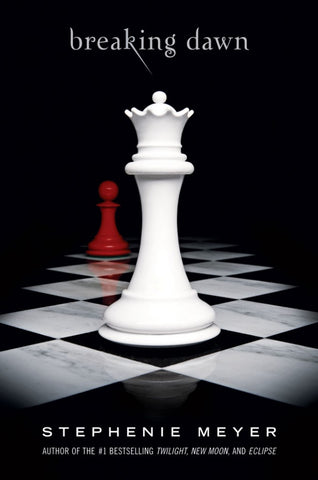
- Oferta -15%
LIBRO USADO. Framboise, the middle-aged narrator, begins her story in Les Laveuses, on the banks of the Loire: 'When my mother died she left the farm to my brother, Cassis, the fortune in the wine cellar to my sister, Reine-Claude, and to me, the youngest, her album and a two-litre jar containing a single black Perigord truffle'. Framboise returns to the village where she grew up during wartime, and with the help of the recipes scribbled in her mother's album, opens up a small restaurant. However, she is desperate to keep her identity a secret even amongst the aged villagers with whom she played on the banks of the Loire in the years of German occupation during the Second World War. Framboise immerses herself once again in the peaceful rhythms of village life. But slowly, reluctantly, Framboise begins to unravel the terrible wartime secret that drove her family away from the village. As she cuts between idyllic descriptions of the village and the increasingly dark memories of the war, Framboise admits: 'I know, I know. You want me to get to the point. But this is at least as important as the rest, the method of telling, and the time taken to tell. It has taken me fifty-five to begin, at least let me do it in my own way.' Into this world comes the threat of revelation as Fromboise's nephew, a profiteering Parisian, attempts to exploit the growing success of the country recipes she inherited from her mother, a woman remembered with contempt by the villagers of Les Laveuses. As the spilt blood of a tragic wartime childhood flows again, exposure beckons for Framboise, the widow with an invented past.
Calificación del estado de los libros:
Translation missing: es.general.search.loading








